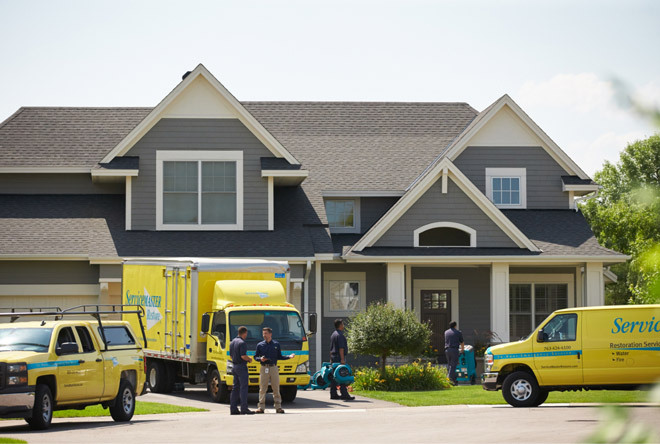COVID 19 Sanitation
Professional Sanitation for COVID-19
ServiceMASTER by Singer has many years of experience cleaning and disinfecting hospitals and other facilities that have been at risk for exposure to various infectious diseases. Call today to schedule your cleaning and sanitation.
Confirmed or Concerned?
We Have a Solution for You!
As experts in creating clean, safe and healthy environments, we at ServiceMaster would like to share our expertise to help you enhance preventive protocols for your office. While there are no known products that claim to kill this strain of COVID-19, products we use meet the EPA’s Emerging Pathogen Standard as likely effective against COVID-19, based on previous Coronavirus strains. We can only guarantee a temporary reduction in possibility of spread in object to person contact. If you are CONCERNED about your office or facility and want a FREE QUOTE for Preventative Cleaning or If you are dealing with a CONFIRMED Coronavirus incident, we are ready to perform cleaning. Concerned or Confirmed Call for A Free Quote!
Our Procedure:
- Take precautions and proceed with appropriate personal protective equipment.
- Isolate and disinfect critical points of exposure and high touch areas.
- Disinfect all other areas as appropriate.
- Use EPA registered and approved products for disinfection appropriate to the situation.
- Properly dispose of contaminated cleaning materials.
Our preventive recommendations during the current COVID-19 situation are like our recommendations during a regular flu season.
| CDC Recommendations | ServiceMaster Solutions |
|---|---|
| Emphasize hand hygiene by all employees. |
|
| Emphasize respiratory etiquette by all employees. |
|
| Perform routine environmental cleaning focused on high-touch surfaces. |
|
| Encourage sick employees to stay home, separating and avoiding close contact with people who are sick. |
|
| Advise employees to take safe travel steps. |
|
| Additional measures with COVID- 19: Employees who are well but have a family member with COVID- 19 should notify their supervisor and other employees in the workplace. |
|
It is important to keep in mind that COVID-19 is a new and emerging pathogen.
Regulators are just beginning to understand COVID-19 — how it spreads,
the incubation period, length and severity of illness — knowledge
that will continue to develop over time. We will continue to update you
as the CDC, EPA, FDA, and OSHA provide more information.
We also want you to know that, while we hope it will not be necessary, we are qualified and equipped with the required protocols and processes should any pathogen outbreak occur within your facility. Please call us if we can be of service.
The CDC has published interim guidance for non-health care employers that provides some direction. View CDC Guidance Here


